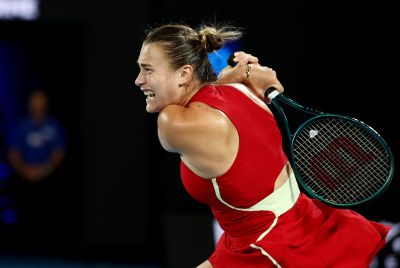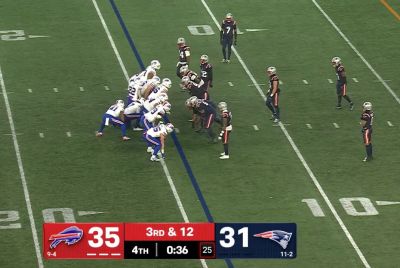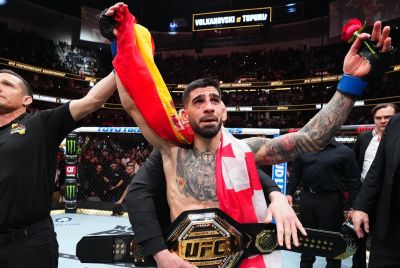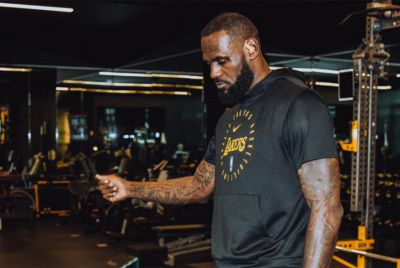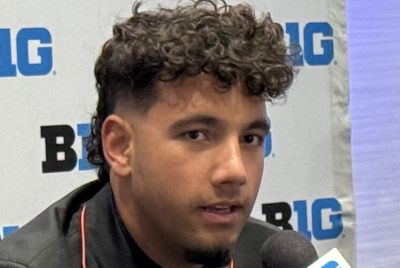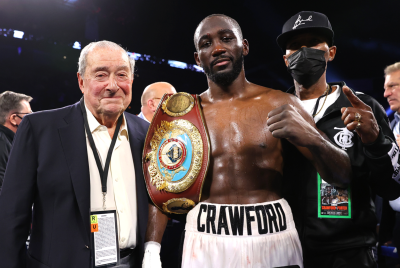Rio 2016 Olympics field hockey competition: All you need to know ahead of the event
There are two hockey events in the Brazil Games – here is a history of the event and its 2016 schedule
Men's field hockey made its Olympic debut at the 1908 Games in London, where it was dominated by the home nations, and reappeared 12 years later in the Belgian port city of Antwerp. Apparently lacking the appropriate structure and leadership, it was temporarily omitted from the programme in 1924 before the foundation of the International Hockey Federation (FIH) led to a swift return in Amsterdam.
The sport, while undergoing various switches in format, has remained a permanent fixture ever since, with women first competing at the 1980 Olympics in Moscow. The switch from a natural grass surface to artificial turf was made in 1976.
India is the most successful nation in the history of Olympic field hockey, winning all six gold medals on offer between 1928-1956 before rivals Pakistan briefly broke its reign of dominance in Rome. It has won 11 medals in total, eight golds, one silver and two bronzes. Its incredible early run saw the men's team chalk up a formidable 30-match unbeaten streak while notching 197 goals and conceding only eight.
Germany, the Netherlands and Australia have been at the top in more recent years, with Great Britain currently sixth in the overall table. With the modern game having been developed on these shores in the 19th century and transported globally by the army, it was typically most popular in countries that originally made up the British Empire.
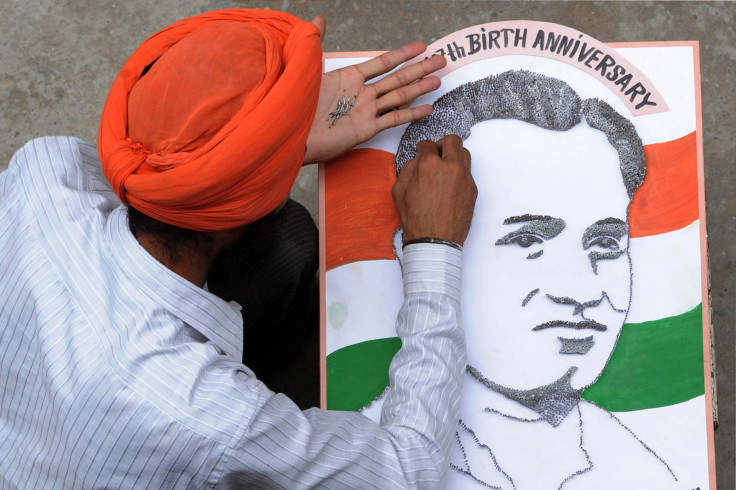
Format/rules
There are two hockey tournaments at the Olympics, one for men (13 days) and another for women (14 days). The 12 qualifying teams are split into two groups of six, playing each other once with the top four then advancing through to the last eight and the rest eliminated. The semi-final results decide who contests the gold medal match and who will be left fighting it out for bronze.
The rules will differ slightly from London 2012 after the FIH decided two years ago to replace the usual 35-minute halves with four 15-minute quarters. There are also now 40-second time-out periods when a penalty corner is awarded and when a goal is scored. Overtime no longer exists, meaning that knockout matches that are still tied at the end of 60 minutes will be decided by a shootout.
Field hockey teams are made up of 11 stick-wielding players and a heavily padded goalkeeper that can only touch the ball with his/her body. Up to seven replacements can be dressed on the sidelines and there are no limits on the use of rolling substitutions. Goals can only be awarded if an attacker has shot or turned the ball home from within the semi-circle.
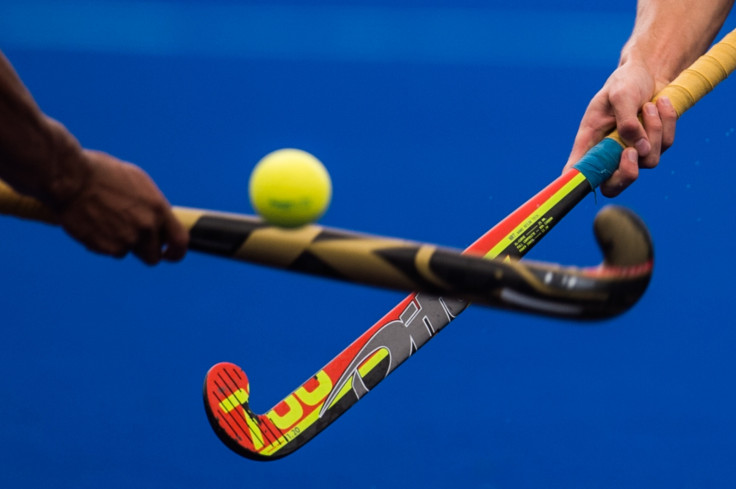
Key terms
Penalty/short corner: Arguably the best opportunity to score, these are awarded when the defending team commits a foul within the circle or a deliberate infringement elsewhere. Click here for a full, technically detailed explanation of how the rather complicated rule works.
Bully: A set-play used to restart the game during which players must tap the ground and each other's sticks three times before playing the ball.
Athlete to watch
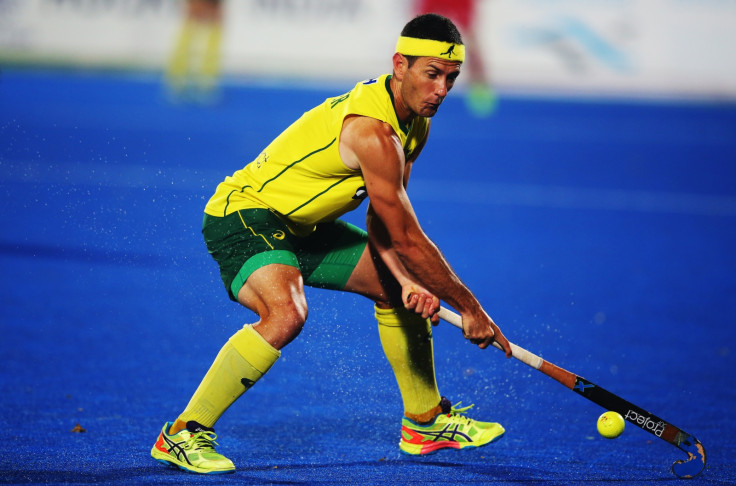
Jamie Dwyer: One of the greatest and most enduring male hockey stars, the 37-year-old veteran is preparing to make his fourth Olympic appearance this summer. A five-time FIH Player of the Year, he scored an extra-time winner in the gold medal match for Australia against the Netherlands at Athens 2004 and helped the Kookaburras to bronze in Beijing and London.
Also a former world champion, five-time Champions Trophy winner and triple Commonwealth Games gold medalist, Dwyer's current international record stands at a truly impressive 234 goals. There was even talk of him being in the running to become the Australian flag bearer in Rio before that honour was bestowed upon decorated track cyclist Anna Meares.
Venue
Rio's Hockey Centre is located in the Deodoro Olympic Park and has been specially renovated for the Games. A high-standard facility, it features two excellent artificial pitches and a training area. Eight teams and 144 players from seven countries in Latin America and the Caribbean competed in the Aquece Rio International Hockey Championship test event last November, with hosts Brazil coming out on top in the men's event after beating Chile 3-2 in a dramatic penalty shootout.
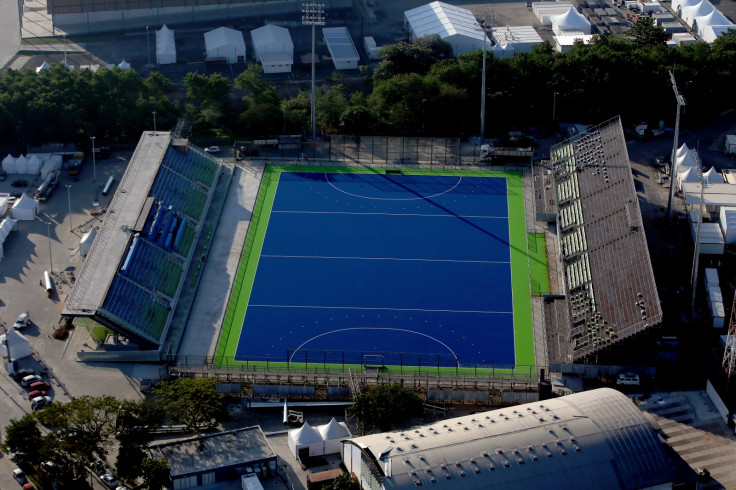
"Everything that we had to test was tested and approved," venue manager Luciano Elias said afterwards. "The outcome was very positive, and this is thanks to the integration of the teams who worked there. The players, including the two-time Olympic champions Holland who visited, and international federation were very satisfied with the pitches and facilities."
Schedule
6-12 August: Men's group matches
6-13 August: Women's group matches
14 August: Men's quarter-finals
15 August: Women's quarter-finals
16 August: Men's semi-finals
17 August: Women's semi-finals
18 August: Men's gold and bronze medal matches
19 August: Women's gold and bronze medal matches
© Copyright IBTimes 2025. All rights reserved.




